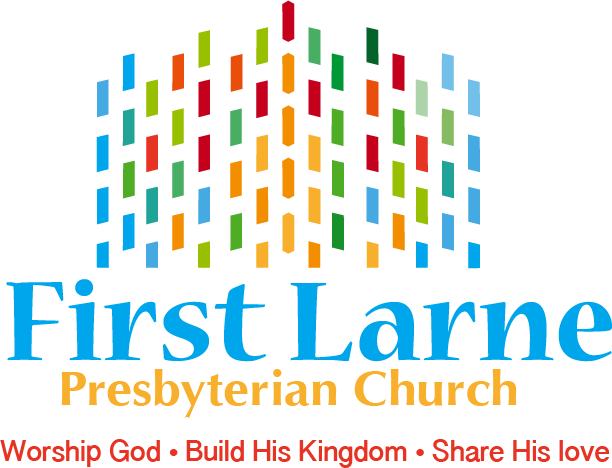Who Are We Now? What next after the passing of the second Elizabethan era?

WHO ARE WE NOW?
The passing of Her Majesty the Queen and the second Elizabethan age inevitably provoke wider questions, perhaps most acutely ‘who are we now?’
The UK, unusually, has no written constitution, which means that the question cannot simply be answered by pointing to a document and saying, ‘read that’.
Our strength – and our weakness – lies in the ungathered documents, beliefs, customs, and institutions that cluster together to give us a sense of ourselves. It’s a strength because it affords flexibility and deters people from simply heading to court for an answer. It’s a weakness because ultimately there is no clearly drawn line and we risk waking up one morning to realise we don’t have enough in common after all.
Supreme among these institutions is, of course, the monarchy. Hence the fear: if, as many claimed, the Queen held the monarchy together, now she is gone, what will hold us together?
It is not an idle concern. Without a robust sense of us and the duties we owe one another, a nation splinters and the goods of human life – security, peace, justice, communion – become much harder to sustain.
If the Old Testament points anywhere here, it is towards a written constitution. The Israelites are warned against placing all their eggs in a royal basket and the crowned king is deliberately placed under the written Law. (Deuteronomy 17:18–19). This became a model, in the Middle Ages, for the rule of law and the limitation of power that characterises the modern West.
That recognised, the Old Testament was never intended to be a template for all political systems. If it can be made to work, a constitutional monarchy like our own is a perfectly justifiable arrangement.
That’s a big ‘if’ though. Among the many plaudits paid to the Queen was praise for her commitment to virtue: hard work, duty, kindness, suppression of ego, commitment to the public good. It is these that make a constitutional monarchy – and the society over which it reigns – work.
In essence, then, in a country like ours, the answer to the question of who we are is whoever we want to be. If we conduct ourselves with compassion, kindness, humility, gentleness, and patience, then that is who we will be. If we don’t, we won’t, and things will fall apart. The momentous choice is ours, and one that we each make, every day.
Nick Spencer
Senior Fellow, Theos


